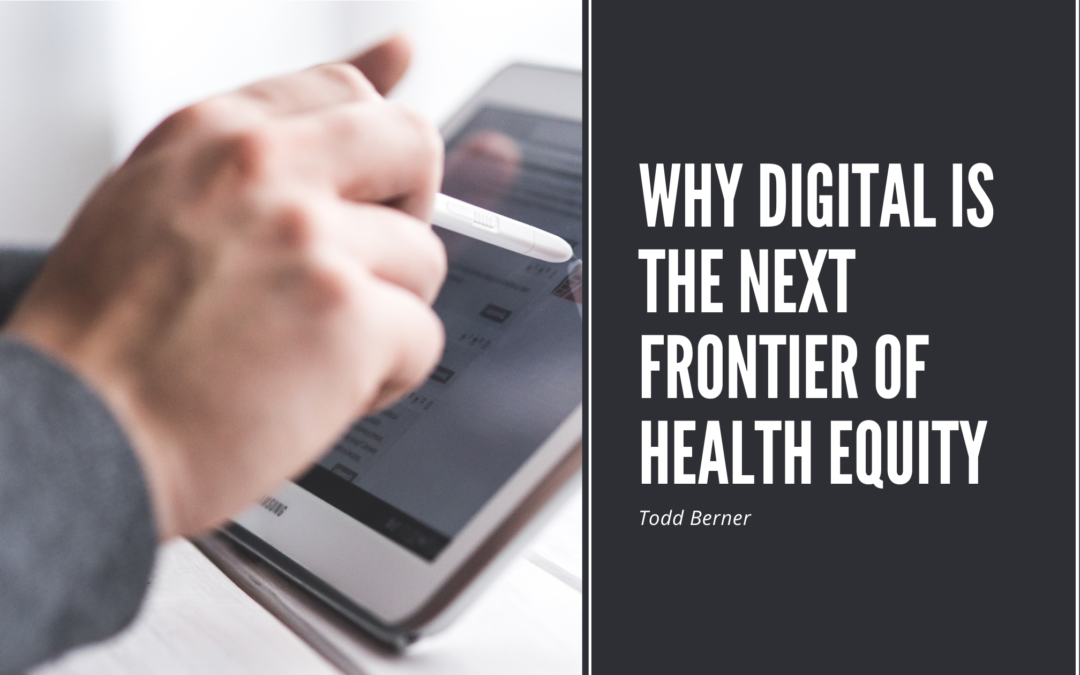The next frontier in health equity is digital. The healthcare industry has always been a driver of innovation, and the evolution to digitization continues this tradition. Healthcare providers are capitalizing on advances in technology to advance their missions to provide high-quality care accessible to everyone who needs it. This blog post will explore how innovators are transforming healthcare through digital transformation – from virtual visits for rural patients to remote heart monitoring systems that help save lives while increasing quality and access for all populations, including underserved communities.
Digitizing healthcare can help address disparities in access to care. While there are opportunities for digital transformation, the impact of these new technologies should be intentional and thoughtful about how they will affect populations that may not have equal access or awareness of emerging technology.
By digitizing healthcare services, innovators can better reach patients who might otherwise fall through the cracks due to lack of time, distance, language barriers, etc. Digitization also offers an opportunity to reduce costs by making systems more efficient and scalable across different settings (home vs hospital). However, this transition must -not- come at the expense of vulnerable communities. For example, telehealth is an increasingly popular way to provide care in underserved communities by connecting patients with providers through video calls. However, the cost of connectivity and digital access makes this technology inaccessible for some populations.
Digitizing healthcare can improve the quality of life for all Americans. Beyond its potential implications on equity, digitization also has significant benefits for individual health outcomes that will result in better lives across the population, including increased wellness and reduced costs associated with preventable hospitalizations or long-term chronic illness management. For example, virtual visits improve patient satisfaction rates while reducing overall medical expenses compared to face-to-face interactions between physicians and their patients (eHealth Initiative). Digitization allows us to monitor our health and reach out for support when needed, which is especially beneficial to those who may not have other resources available.
Each state has a different digital healthcare landscape with varying opportunities & challenges. As digitization becomes increasingly common across the country, we must address these implications at both a national and local level as providers begin implementing changes in their daily workflows. Digitizing health care requires an intentional approach from all stakeholders – including public/private entities and patients themselves – to ensure that outcomes are positive for everyone involved while also addressing equity concerns throughout the entire process.
